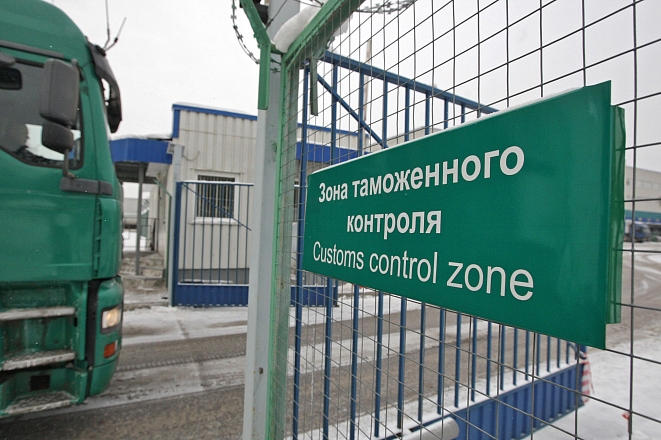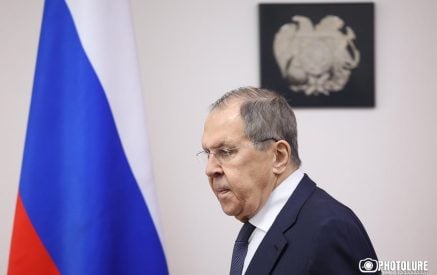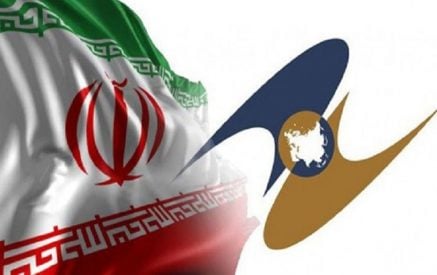Economic consequences of accession to the Eurasian Economic Union
And so, yesterday, in Minsk, Armenia joined the Eurasian Economic Union. In this respect, Serzh Sargsyan expressed gratitude to the heads of the EaEU member countries and assured that Armenia will treat the Eurasian Economic Union Membership with great responsibility, later he expressed the hope that the heads of EEU member countries will facilitate the ratification of that agreement in their national parliaments till the end of this year so that Armenia starts working beginning January 1 next year. “I’m confident that through joint effort we’ll be able to effectively implement the process of Armenia’s accession by minimizing the risks and maximizing the common interests,” he said, acknowledging that “the phase of negotiations was not easy.” He has said why Armenia has joined the EaEU. “Our decision on Armenia’s full-fledged involvement in the Eurasian integration processes is derived from the fact that we consider the Eurasian Economic Union as a main format to develop predictable and maximally beneficial relations based on free movement of goods, services, capital and labor.”
“Aravot” asked the Head of “Compass” Scientific Research Center, also PhD in Economics, Gharib Harutyunyan, to evaluate whether the EaEU can be truly viewed as such. “The context of the statement is clear. The main emphasis is put on the growth of commodity turnover. However, we should consider one fact. Truly, when we read the annexes of the agreement, they contain certain privileges that will allow us for some time that the customs duties with other, non-Customs Union countries be at a zero rate. These privileged will be granted to us, but a short period of time. But, three – four years later, when the privileges are over, and the load as a whole will begin to be applied, we will have problems with the goods imported from other countries. Today, Russia is number one in our country on commodity turnover by its size, then comes China, and the EU different countries in different years are in the third place. We also have a large circulation with Ukraine, usually it ranks the fourth, and so on… During the commodity turnover with the countries outside the EaEU, the tariff on import will definitely increase. If now we have an average of 4.5 % tariff on imports, after joining the EaEU, when the privileged are over, in one – two years or earlier, the tariff naturally will increase. And the goods that we import from these countries, will be stopped, because it will not be profitable,” he said.
To our question that willy-nilly we have to import only from EaEU countries, the economist replied, yes, this is the only alternative left. “If they offer these products, we will import them and the commodity turnover inside the EaEU will increase. As for the export, I can say the following. We so far do not have any tariff for export with CIS countries, still without the membership with EaEU, in other words, the markets of these countries were open for us anyway. If there was a respective demand from these markets, why we did not use these markets so far, and if we were not using, how EaEU should help us.”
Read also
To the question of “Aravot” of whether the existence of the customs checkpoint between Karabakh and Armenia is a threat in economic sense, and if we install a customs checkpoint between the EaEU member Armenia and non-member Artsakh, the Artsakh economy will suffer, Mr. Harutyunyan replied, “I hope that customs checkpoint, even if it be, will bear a formal nature, otherwise, indeed, thus we will lose the Nagorno-Karabakh economy. There are two factors. First, the Republic of Armenia has a large turnover with Nagorno-Karabakh Republic. Secondly, whatever product NK exports to other countries, it goes through Armenia. Therefore, in the presence of the customs checkpoint, Nagorno-Karabakh will suffer from two directions: turnover with Armenia and export. It would be a serious blow to the country’s economy, not to mention that it would affect us too as we are importing enough food from NK.”
As for the dire predictions that after the accession to the EaEU, a double-digit inflation expects us, the economist said, “Definitely, it is going to happen. Look at the other two EaEU countries – Belarus and Kazakhstan, they are ranking the 26th and 28th in turnover with Armenia by specific weight. And our turnover with Russia that ranks the second is only 30 %, we import the remaining 70 percent from other countries, including medicine and other essential items. Imagine that a customs duty is imposed on all of the goods, there will be inflation for sure, or we should buy the entire range of goods only from Russia, refusing to trade with other countries, but in Russia, compared to our country, the average level of prices for goods is still high, in other words, in this case too, there will be an inflation. It will strike everyone’s pocket, as it would be around 10-12 % at once.”
To our request whether there is at least a little bright and consoling point with regard to accession to the EaEU, Mr. Harutyunyan replied, “We will definitely suffer in turnover, we will have inflation and reduction of turnover with other countries. The only positive point would be if the EaEU countries invest large sums of money and contributions to our local production, job openings and development of production. If available.”
Melania BARSEGHYAN






















































